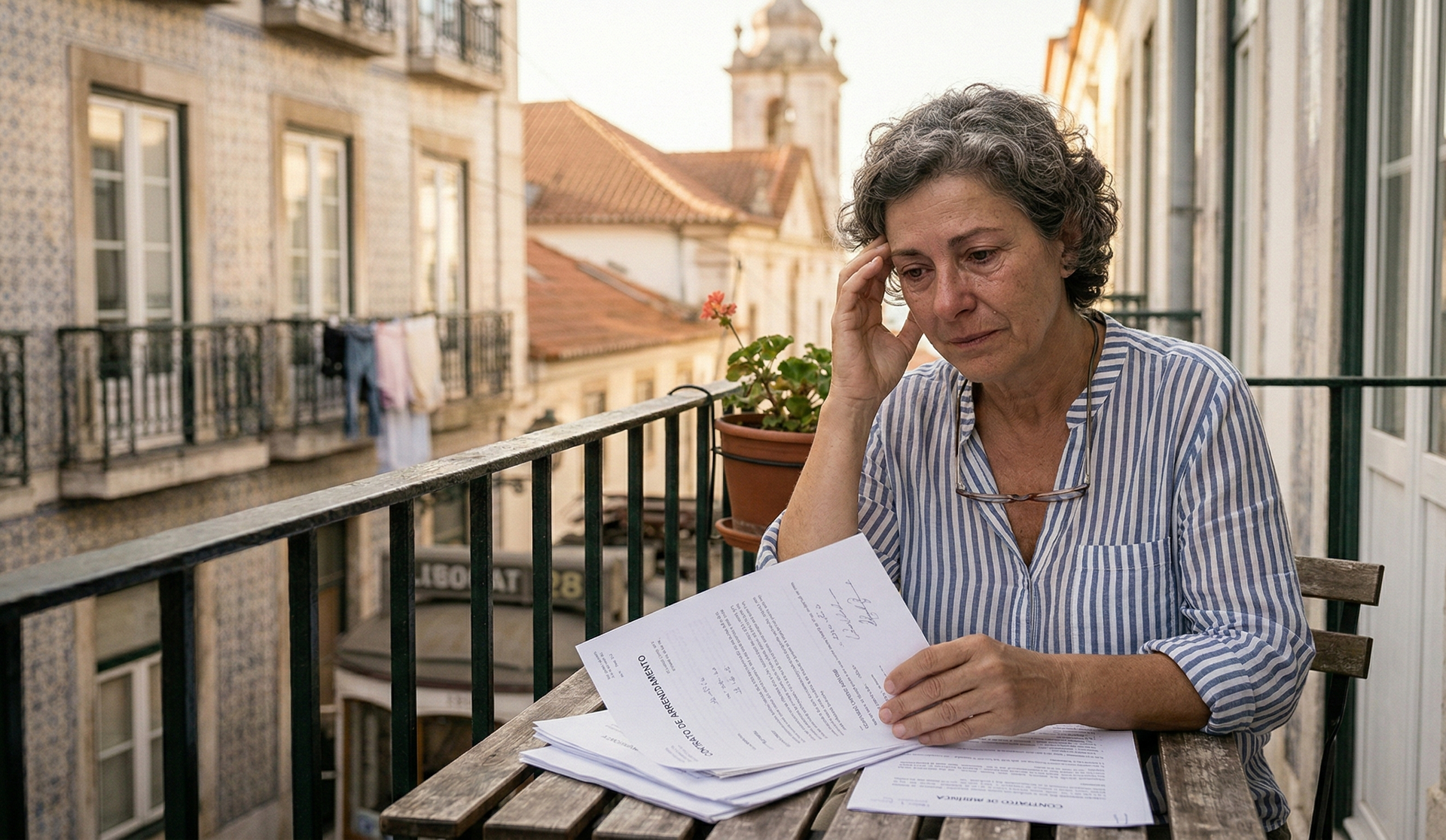To Say, or Not to Say, “I Do”: When Am I Obliged to Register My Marriage in Portugal?

Danielle Avidago | Immigration Consultant
In this globalised world we live in, it is not uncommon for one Portuguese Jew to get married to a Ukrainian Orthodox in an aphrodisiac beach in the Dominican Republic, have Christian children in Australia, and retire in Portugal. With this private international law mess, one might wonder: in which of these countries am I obliged to register my marriage? Portugal? Ukraine? Australia? All of them?!
Well, I cannot speak for other legal jurisdictions, but I can detail in which scenarios you are obliged by law to register your marriage in Portugal, and in which you are not:
Who is legally required to register their marriage in Portugal, and under what circumstances?
I am a Portuguese citizen who married a Ukrainian citizen in the Dominican Republic. Do I have to register my marriage in Portugal?
Yes, you are obliged by law to register your marriage in Portugal. Every citizen is obliged to update Portugal on their civil status, permanent residence, vital status, and other aspects that identify and protect the citizen in question. Updating your civil status early ensures clarity for future generations, simplifying legal processes that may affect your children later.
I am an Indian citizen who married a Canadian citizen in Jamaica and wish to live in Portugal. Do I have to register my marriage in Portugal?
No, only Portuguese citizens or those who married a Portuguese citizen are obliged to register their marriage in Portugal. A duly legalised version of your marriage certificate will be enough to apply for a residence visa and permit, so you can start your beautiful new chapter together in Portugal.
I am an American citizen who married a Portuguese citizen in New York, wishing to move to Portugal with our children, to apply for a residence permit as a family member of a Portuguese citizen. Do we have to register our marriage in Portugal?
Yes, because you married a Portuguese citizen, and the Portuguese legal system needs to be informed of this status change so that it can provide residency status for you and your children as the spouse and child of a Portuguese citizen. Registering your marriage in Portugal as early as possible, even before moving, will make life much easier for you and your family.
I am a Mexican citizen who married a Portuguese citizen 6 years ago, and I wish to apply for Portuguese citizenship. Do we have to register our marriage?”
Yes, to apply for Portuguese citizenship for marriage, you are obliged to register your marriage in Portugal. A duly legalised version of your marriage certificate will not suffice for the intended purpose.
I am an English citizen who has been legally living and working in Portugal for over a year with my Moroccan wife. We now need to provide our tax return to the Portuguese tax authority, and I wish to do so together, as a married couple, and not as separate individuals. Do I have to register our marriage in Portugal?
No, for tax purposes, you do not need to register your marriage in Portugal. You can simply declare to Finanças that you are married and immediately start benefiting from that specific regime. A duly legalised version of your marriage certificate shall suffice.
To summarise, if you are a Portuguese citizen who got married abroad, you are legally required to register your marriage. Whether you plan to return to Portugal someday or remain elsewhere, notifying your home country of this significant milestone early on will help ensure a smoother future for you and your children.
On the other hand, if you are not a Portuguese citizen, nor have you married a Portuguese citizen, you are not obliged to register your marriage in Portugal. It is possible, however, to request the Civil Registry Office of the foreigner's area of residence to register their marriage if a “legitimate interest” can be proven. A legitimate interest in the eyes of the IRN simply means a concrete reason where the registry of marriage will impact the desired procedure. The Civil Registry may, however, refuse to register the marriage if they do not consider that a real, legitimate interest is behind the request.
Foreigners may, of course, get married in Portugal when they complete at least 30 days residing in a fixed location in Portugal. But to get married elsewhere and register the marriage in Portugal is not a necessary action for most people´s daily life, nor is it obligatory by law.
Do you see yourself in any of the above situations? Or perhaps you have a unique case that requires clarification to determine the best course of action? Rest assured, we would be delighted to guide you in deciding whether saying 'I do' in Portugal is the right step for you.










